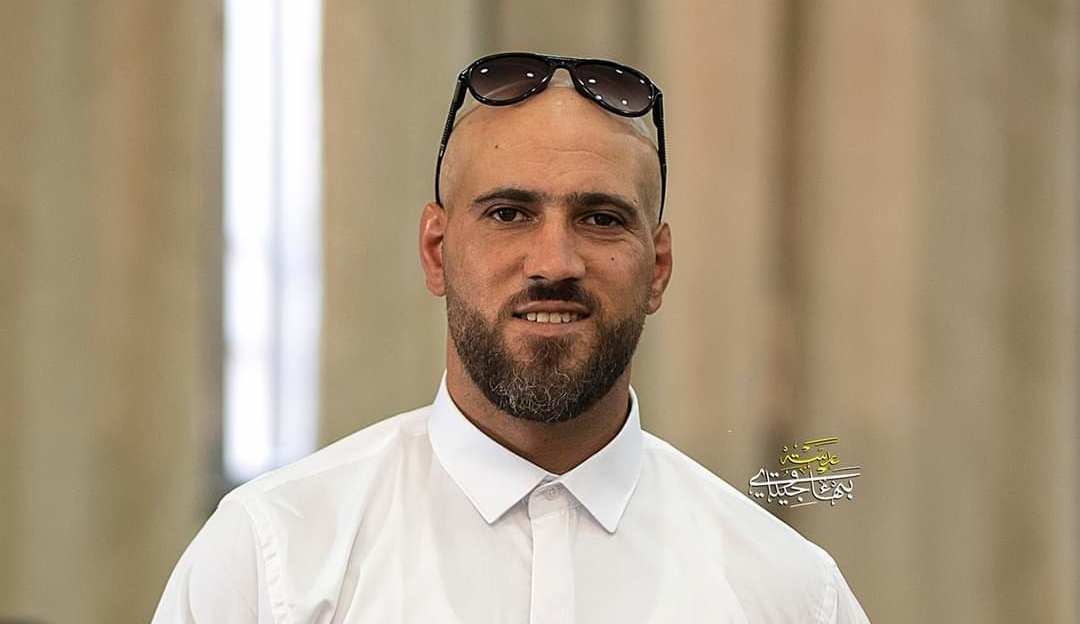Tag: Tulkarem
-
He did nothing, but he didn’t survive
By. Diana Khwaelid for ISM Al-Baqa al-Sharqiya village-Tulkarm – 11-10-2023 Ali Alyan, 31, a resident of the village of Baqa al-Sharqiya, northeast of the city of Tulkarem, was killed by the Israeli Iron Dome rockets which were countering the resistance rockets fired from Gaza near the occupied city of Ashkelon. Tuesday evening – 10-10-2023. Ali…
-
Endless Israeli military campaigns in Tulkarem
By. Diana Khwaelid Tulkarm – 5-10-2023 A rapid military operation carried out by the Israeli occupation forces in Tulkarem camp at dawn today, around 5 a.m. Dozens of Israeli military vehicles stormed Tulkarem camp in the centre of the city, in the northern West Bank. Strong confrontations and clashes broke out between Palestinian militants who…
-
A visit to the houses of the martyrs in Nur al-Shams
Solidarity visit to the Nur Shams camp, following the deaths of Abdulrahman Abu Daghash and Oseed Farhan Abu Ali, killed by indiscriminate Israeli Occupation Forces shooting during the raid on Sunday 24th September. It’s hot, it’s the third day of mourning. There is a constant flow of visitors in the home of Abdulrahman Abu Daghash.…



